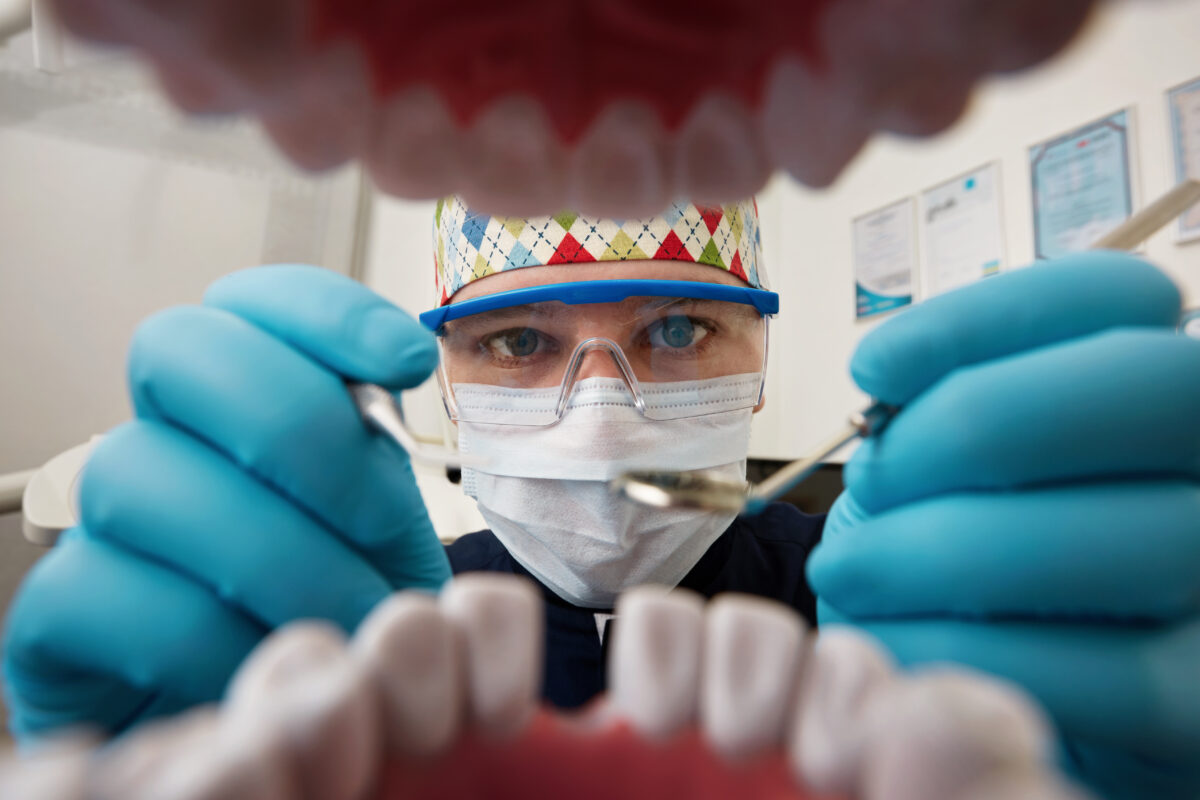Everything You Need to Know About Dental Crowns and Bridges

Whether you’re dealing with damaged, missing, or decayed teeth, dental crowns and bridges can restore your smile, bite function, and overall confidence. These time-tested dental restorations are staples in both cosmetic and restorative dentistry, helping millions achieve better oral health.
In this comprehensive guide, we’ll explore the differences between dental crowns and bridges, their benefits, how much a dental crown costs in the UK, and the best materials for dental crowns. We’ll also compare a dental bridge vs implant to help you make the most informed decision.
What Are Dental Crowns?
A dental crown is a custom-made “cap” that covers a damaged or weakened tooth to restore its shape, size, strength, and appearance. Crowns are often used after procedures like root canals, large fillings, or fractures.
Common reasons for dental crowns:
- Protecting a weak tooth from breaking
- Restoring a broken or severely worn tooth
- Covering a dental implant
- Enhancing the appearance of a discoloured or misshapen tooth
What Are Dental Bridges?
A dental bridge is used to fill the gap left by one or more missing teeth. It consists of one or more prosthetic teeth anchored by crowns placed on adjacent healthy teeth (or implants).
Benefits of dental bridges:
- Restores your smile and ability to chew
- Prevents adjacent teeth from shifting
- Maintains facial shape and speech clarity
- Offers a permanent, fixed alternative to dentures
Dental Crown Cost in the UK
One of the most common questions patients ask is: How much does a dental crown cost in the UK?
NHS Cost (UK)
If you’re eligible for NHS treatment, a dental crown typically falls under Band 3 treatment, which costs £319.10 as of 2025.
Private Cost (UK)
The price varies depending on the material and provider:
| Material | Private Crown Cost (UK) |
| Porcelain-fused-to-metal | £400 – £700 |
| All-ceramic / Zirconia | £500 – £900 |
| Gold alloy | £600 – £1,000+ |
At The Dental Connection, our pricing is transparent, and we offer consultations to help determine the best solution tailored to your needs and budget.
Best Material for Dental Crowns
Choosing the best material for dental crowns depends on the tooth’s location, aesthetic concerns, durability needs, and cost.
1. Porcelain-Fused-to-Metal (PFM)
- Pros: Strong and natural-looking
- Cons: Can show a grey line at the gum line over time
2. All-Ceramic or All-Porcelain
- Pros: Best aesthetics, ideal for front teeth
- Cons: Slightly less durable than metal-based crowns
3. Zirconia
- Pros: Incredibly strong and natural appearance
- Cons: Higher cost
4. Gold Alloy
- Pros: Extremely durable, great for molars
- Cons: Not aesthetically pleasing for visible teeth
The Dental Connection typically recommends zirconia or all-ceramic crowns for their balance of strength and beauty, especially for patients concerned with long-term results and appearance.
Dental Bridge vs Implant: What’s Better?
When replacing a missing tooth, patients often face the decision between a dental bridge vs implant.
Dental Bridge
- Pros: Faster treatment time, less expensive
- Cons: Requires alteration of adjacent healthy teeth; may not last as long as an implant
Dental Implant
- Pros: Independent structure, preserves jawbone, longer-lasting
- Cons: Higher cost and longer healing time
| Feature | Bridge | Implant |
| Cost | £500–£1,200 per tooth | £2,000–£2,500+ |
| Durability | 5–15 years | 15–25+ years |
| Involves adjacent teeth | Yes | No |
| Healing Time | Short | 3–6 months |
If long-term stability and bone health are your top priorities, implants are often worth the investment. However, for faster and more affordable solutions, dental crowns and bridges offer excellent alternatives.
The Procedure: What to Expect
Dental Crowns
- Consultation & X-rays
- Tooth preparation: The tooth is filed down to make room for the crown.
- Impressions taken
- Temporary crown placed
- Permanent crown bonded on a second visit
Dental Bridges
- Assessment
- Preparation of adjacent teeth
- Impressions and temporary bridge
- Permanent bridge placed and adjusted
Longevity and Aftercare
With proper care, both dental crowns and bridges can last many years. Here’s how to extend their lifespan:
- Brush twice daily and floss regularly
- Avoid chewing hard foods like ice or hard candy
- Visit your dentist for routine checkups and cleanings
- Consider a nightguard if you grind your teeth
Crowns and bridges don’t decay, but the underlying tooth and surrounding gums can still be at risk if oral hygiene is poor.
Pros and Cons of Dental Crowns and Bridges
Pros:
- Restore function and aesthetics
- Prevent teeth from shifting
- Long-lasting with proper care
- Relatively quick treatment compared to implants
Cons:
- Crowns require tooth reduction
- Bridges involve adjacent teeth
- Not as durable as implants in the long run
Are Crowns or Bridges Right for You?
Dental crowns and bridges are ideal if:
- You have a severely damaged or decayed tooth
- You’re missing one or more teeth and want a fixed solution
- You’re looking for faster, more affordable alternatives to implants
At The Dental Connection, we evaluate your dental condition, budget, and preferences to recommend the most suitable treatment.
Frequently Asked Questions
Q: How long do dental crowns last?
A: Typically 10–15 years, but with excellent care, they can last even longer.
Q: Is a bridge better than an implant?
A: It depends on your priorities. Implants last longer and don’t affect neighboring teeth, but bridges are quicker and less costly.
Q: Can you eat normally with crowns and bridges?
A: Yes, after a short adjustment period, most patients eat normally and comfortably.
Q: Are dental crowns painful?
A: The procedure is done under local anesthesia, so discomfort is minimal. Some sensitivity may follow but usually subsides.
Final Thoughts
Dental crowns and bridges are proven, effective solutions for restoring damaged or missing teeth. Whether you’re comparing a dental bridge vs implant, wondering about the dental crown cost in the UK, or trying to select the best material for dental crowns, this guide should empower you to take the next step with confidence.
If you’re ready to improve your smile, book a consultation with The Dental Connection—where expert care and patient comfort come first.








